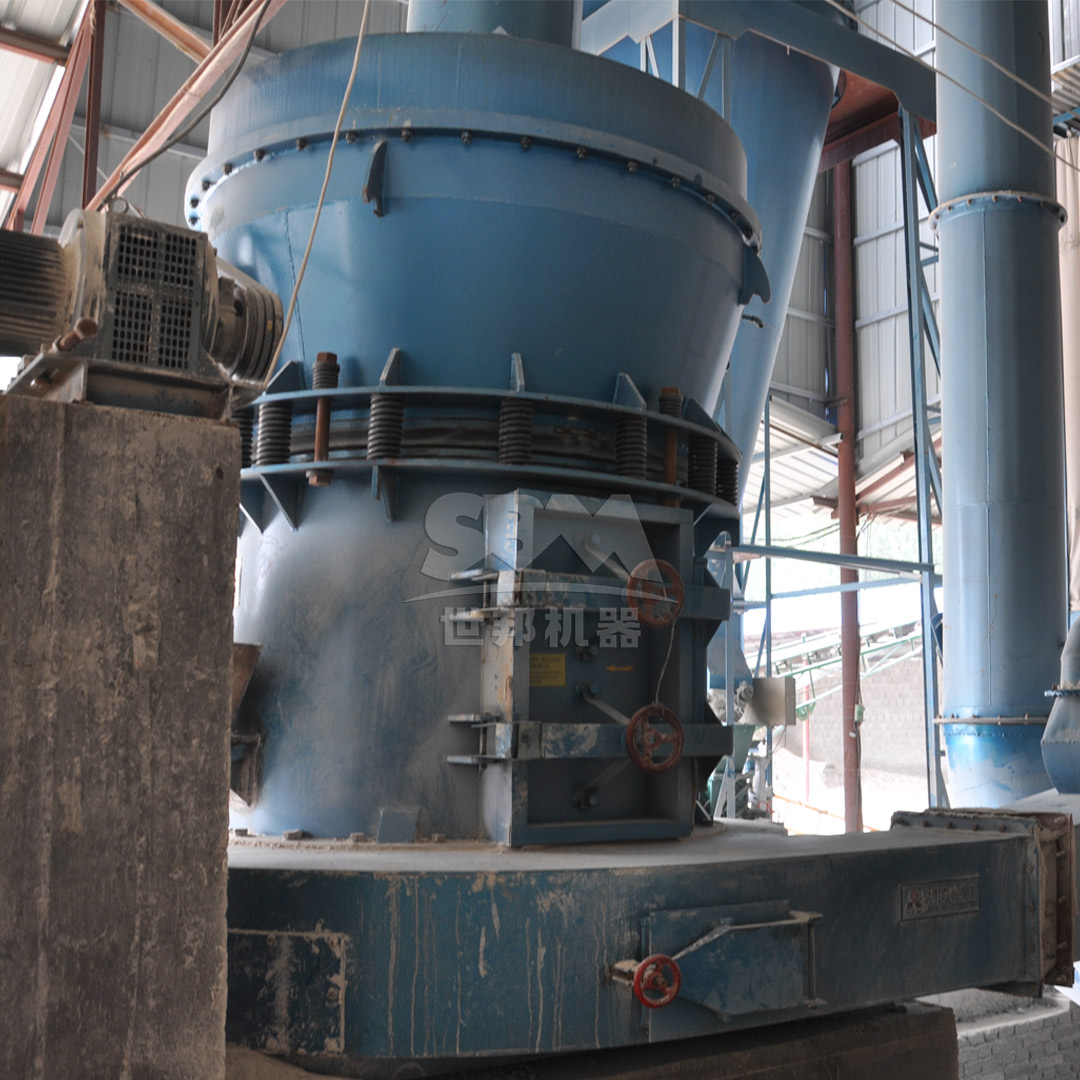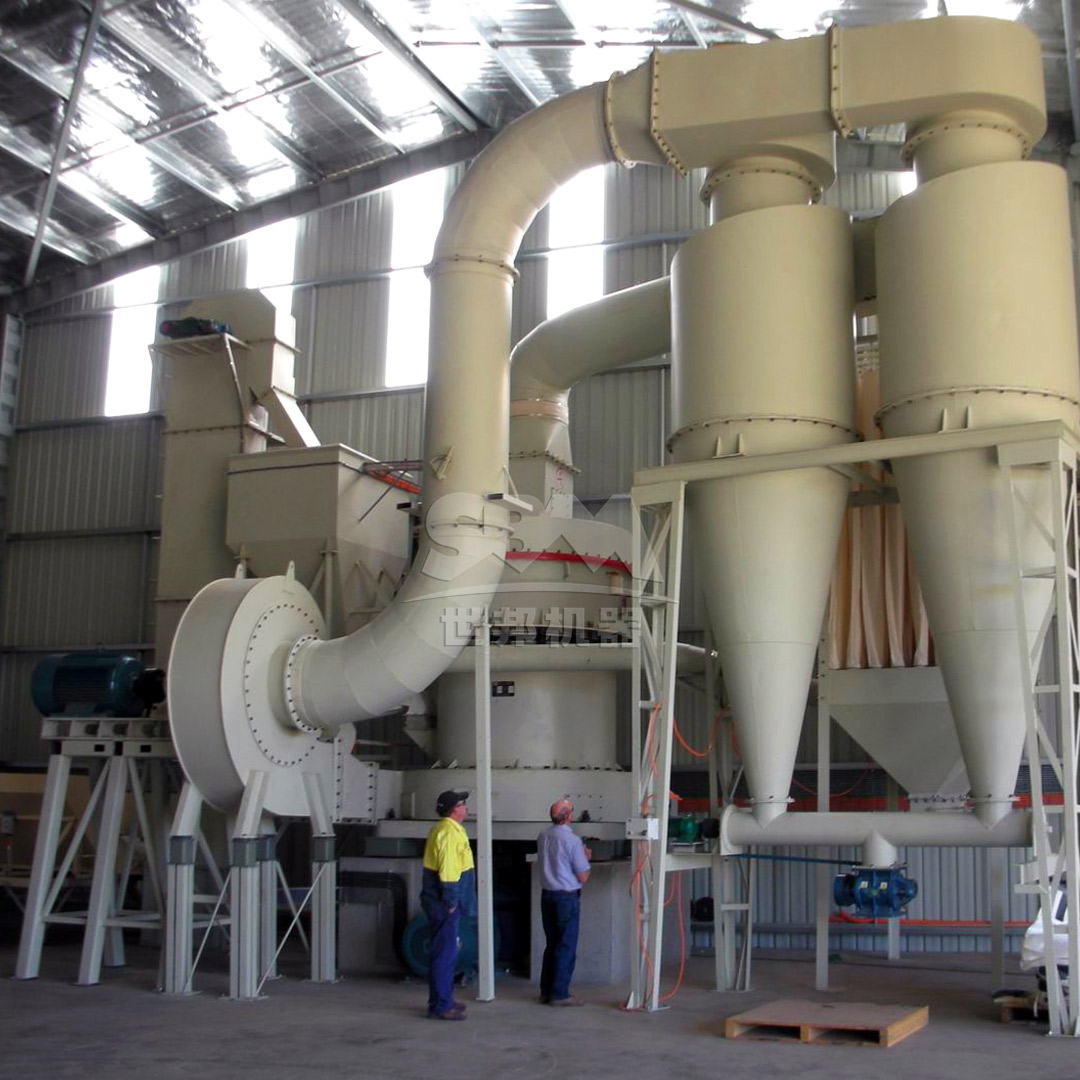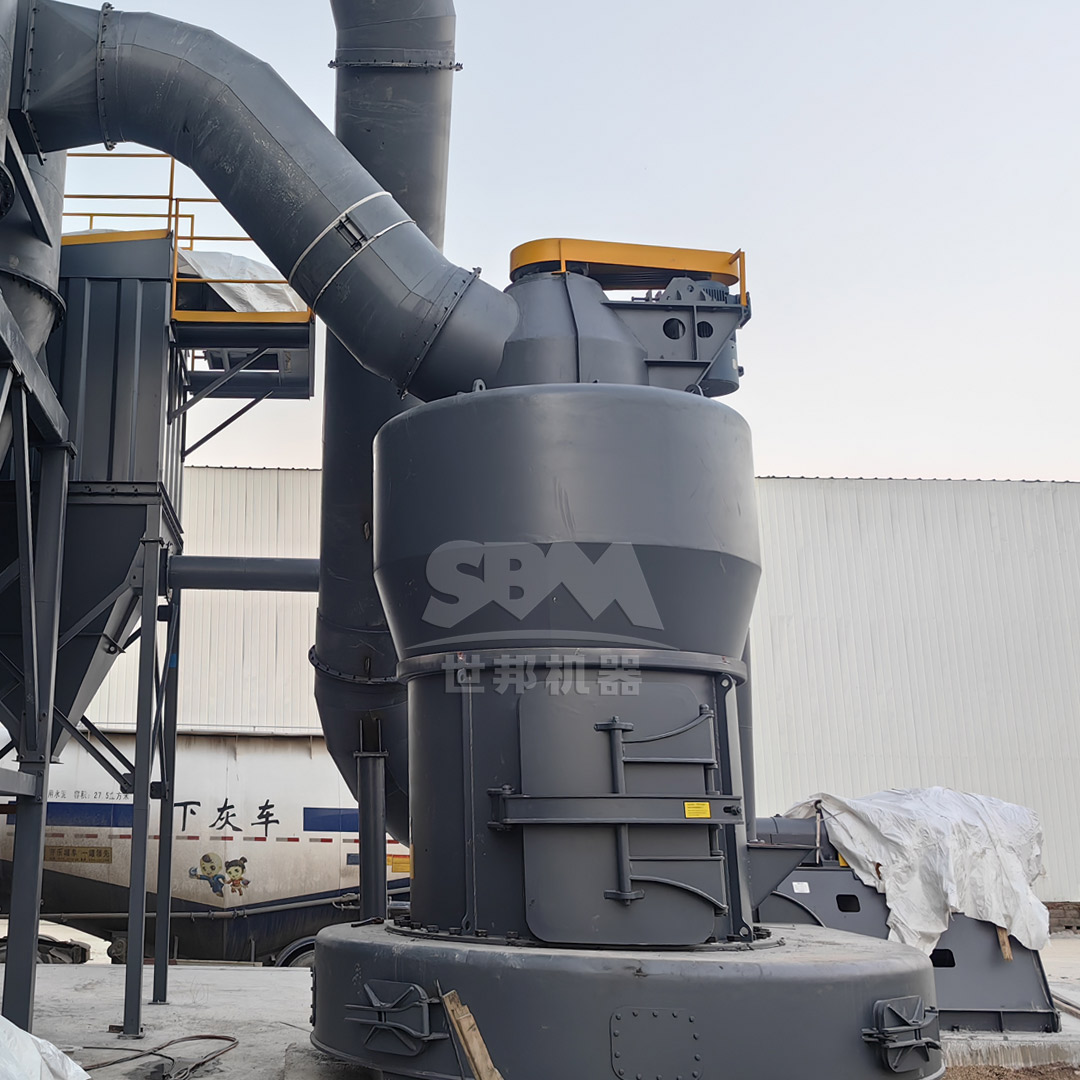The selection of appropriate talc powder milling equipment is crucial for achieving optimal performance in plastic compounding applications. Talc, as a functional filler in high-performance plastics, requires precise particle size distribution, high purity, and consistent quality to enhance mechanical properties, thermal stability, and dimensional accuracy. This comprehensive guide explores the critical factors to consider when choosing talc powder mills specifically for plastic industry applications.

The particle size distribution of talc powder directly impacts the mechanical properties of plastic composites. For high-performance applications such as automotive components and engineering plastics, a D97 particle size of 5-20 microns is typically required to achieve optimal reinforcement while maintaining good processability.
Modern plastic compounds often require surface-modified talc to improve compatibility with polymer matrices. The milling process must preserve the talc’s lamellar structure while generating sufficient surface area for effective coupling agent adsorption.
High-performance plastics demand exceptionally low levels of metallic contamination. Milling equipment must be designed to minimize iron introduction and maintain product purity throughout the grinding process.
The required output fineness for talc in plastics typically ranges from 325 mesh (45μm) for general purpose compounds to 2500 mesh (5μm) for high-performance engineering plastics. The mill must provide consistent particle size control within this range.
| Application | Recommended Fineness | Typical D97 Value |
|---|---|---|
| General Purpose PP | 325-800 mesh | 45-18μm |
| Automotive Compounds | 1250-2000 mesh | 10-6.5μm |
| Engineering Plastics | 2000-2500 mesh | 6.5-5μm |
Matching mill capacity to production needs is essential for economic operation. For plastic compounding plants, typical requirements range from 1-25 tons per hour depending on application scale and product mix.
With energy costs representing a significant portion of operating expenses, mills offering higher efficiency can substantially reduce production costs while maintaining product quality.

For applications requiring superfine talc powders (D97 ≤ 5μm), advanced ultrafine grinding technology is essential. The SCM Ultrafine Mill represents an optimal solution for high-performance plastic applications, offering output fineness of 325-2500 mesh (D97 ≤ 5μm) with processing capacity of 0.5-25 tons per hour. This mill’s vertical turbine classifier ensures precise particle size control, while its special material roller and grinding ring design extends service life significantly. The intelligent control system automatically maintains consistent product quality, making it ideal for demanding plastic compounding requirements.
For medium-fineness applications and higher capacity requirements, the MTW Series Trapezium Mill provides an excellent balance of performance and efficiency. With output fineness of 30-325 mesh and processing capacity up to 45 tons per hour, this mill features innovative wear-resistant shovel design and curved air channel optimization that reduces energy consumption while maintaining product consistency.
Vertical roller mills offer compact design and high efficiency for large-scale talc production. The LM Series Vertical Roller Mill provides integrated crushing, grinding, and separation functions in a single unit, reducing footprint by 50% while offering energy savings of 30-40% compared to traditional ball mill systems.
For applications requiring the finest talc powders with tight particle size distribution, the SCM Ultrafine Mill stands out with its ability to produce consistent 2500 mesh talc (D97 ≤ 5μm). The mill’s high-precision classification system ensures no coarse particle contamination, while its energy-efficient design reduces operating costs by 30% compared to jet mills. The enclosed negative pressure operation maintains product purity, essential for high-value plastic compounds.
Automotive plastic compounds often require substantial volumes of consistently high-quality talc. The MTW Series European Trapezium Mill offers the ideal combination of capacity (up to 45 t/h) and quality control, with its integrated transmission system achieving 98% transmission efficiency and reducing installation costs.
| Mill Type | Optimal Application | Capacity Range | Energy Efficiency |
|---|---|---|---|
| SCM Ultrafine Mill | Superfine Talc (≤5μm) | 0.5-25 t/h | 30% savings vs jet mills |
| MTW Trapezium Mill | Medium-Fine Talc | 3-45 t/h | High transmission efficiency |
| LM Vertical Mill | Large-Scale Production | 3-250 t/h | 30-40% savings vs ball mills |
Regular maintenance is crucial for consistent talc quality. Mills with easily replaceable wear parts and automated lubrication systems significantly reduce downtime and maintenance costs.
Modern talc mills must meet stringent environmental standards for dust emissions and noise levels. Advanced pulse dust collection systems with efficiency exceeding international standards and noise levels below 75dB are essential for sustainable operation.
Intelligent control systems that automatically monitor and adjust operational parameters ensure consistent product quality while reducing operator intervention. Remote monitoring capabilities further enhance operational efficiency.

While advanced milling technology may require higher initial investment, the long-term savings in energy consumption, maintenance, and improved product quality typically justify the expenditure through reduced total cost of ownership.
For plastic compounding operations, the improved mechanical properties achieved with properly milled talc can justify premium milling equipment through enhanced product performance and market positioning.
Selecting the right talc powder mill for high-performance plastics requires careful consideration of technical requirements, production scale, and economic factors. The SCM Ultrafine Mill emerges as the premier choice for superfine talc production, offering unparalleled precision and efficiency for demanding plastic applications. For operations requiring higher capacity with medium fineness, the MTW Series Trapezium Mill provides an optimal balance of performance and economy. By matching mill technology to specific application needs, plastic compounders can achieve superior product quality while optimizing production costs.